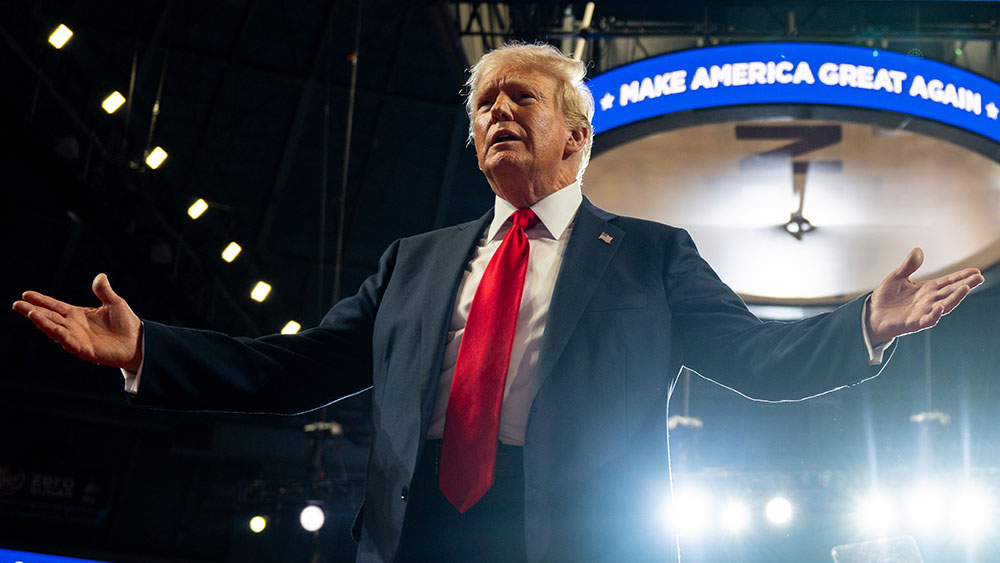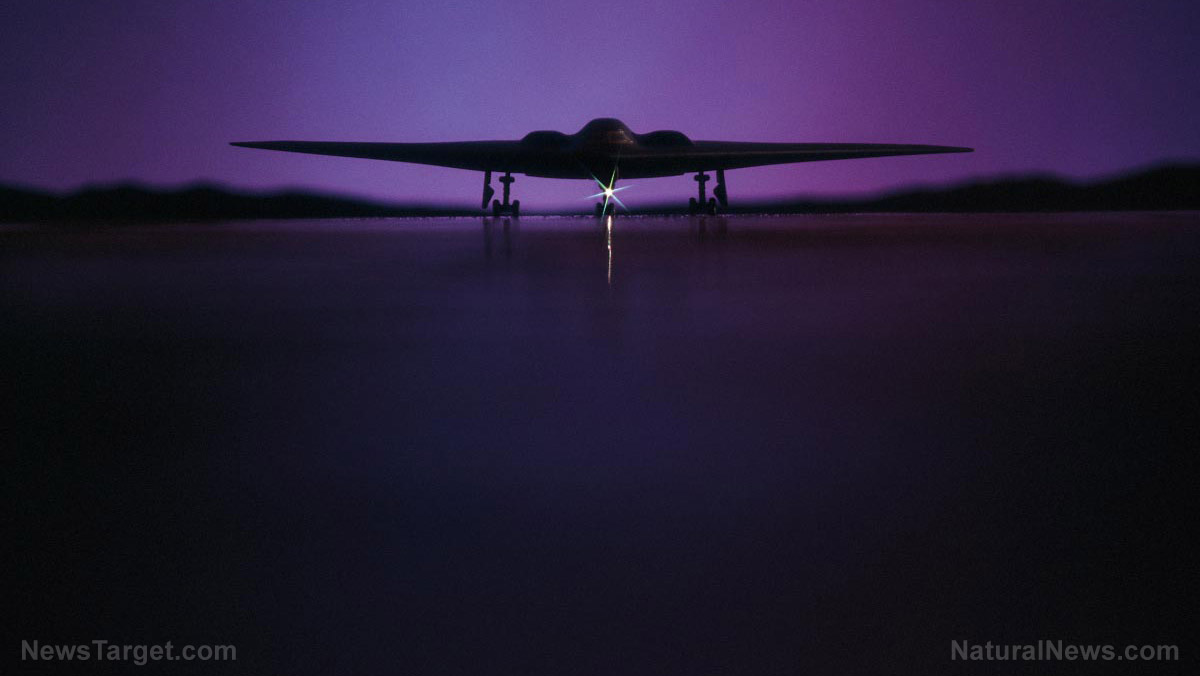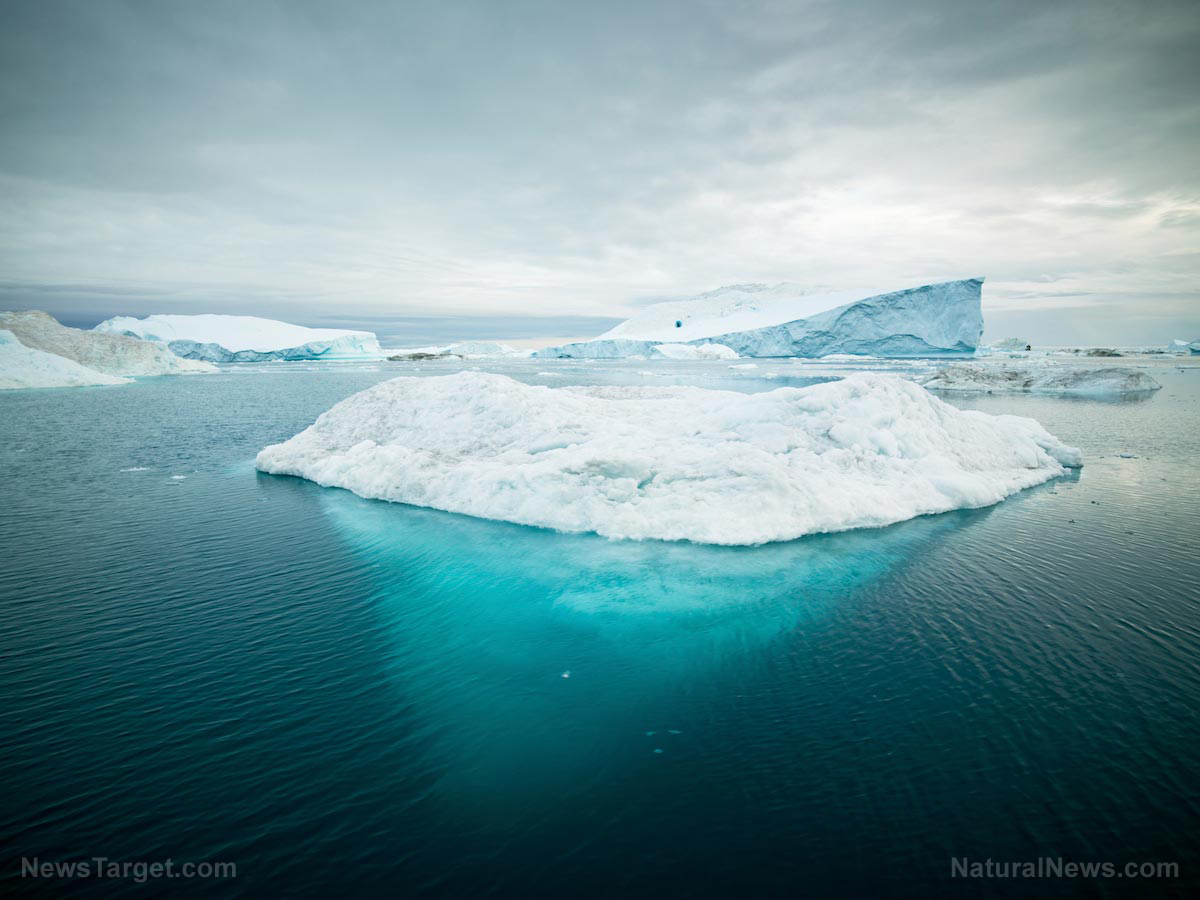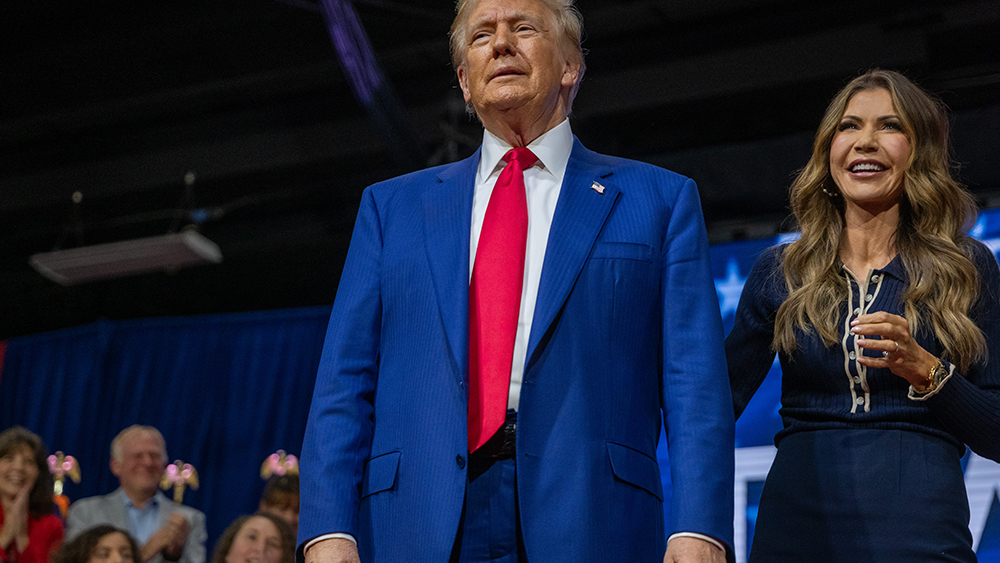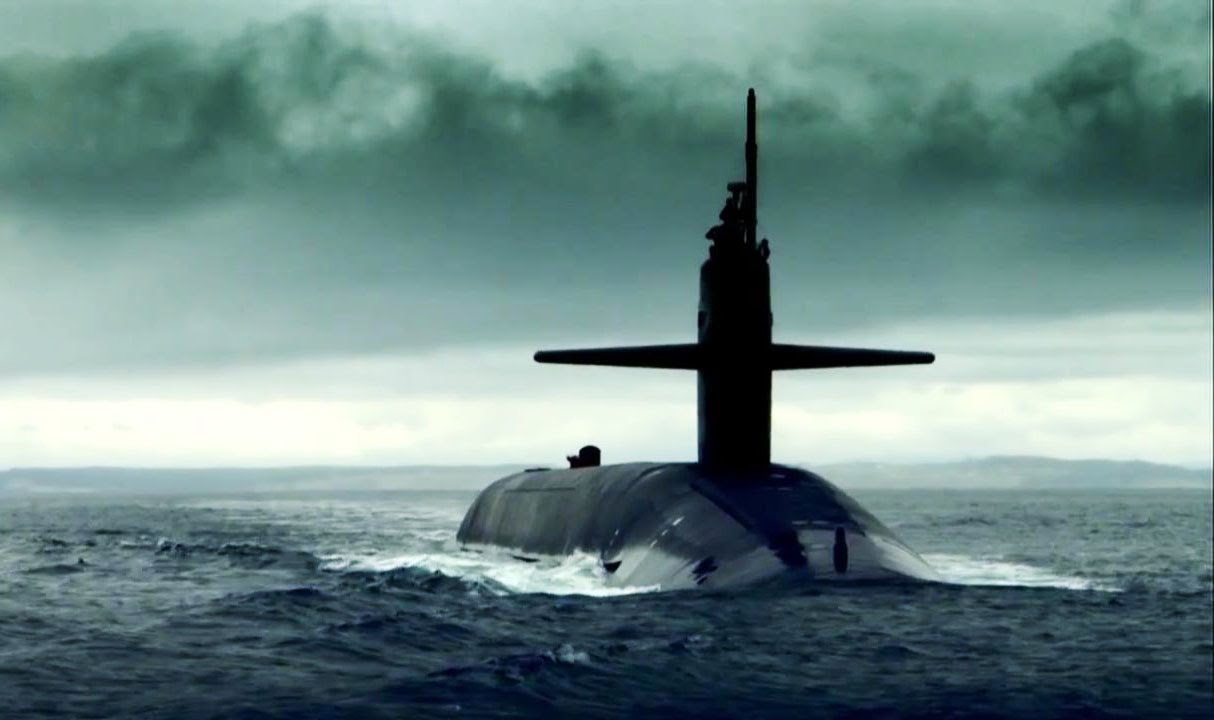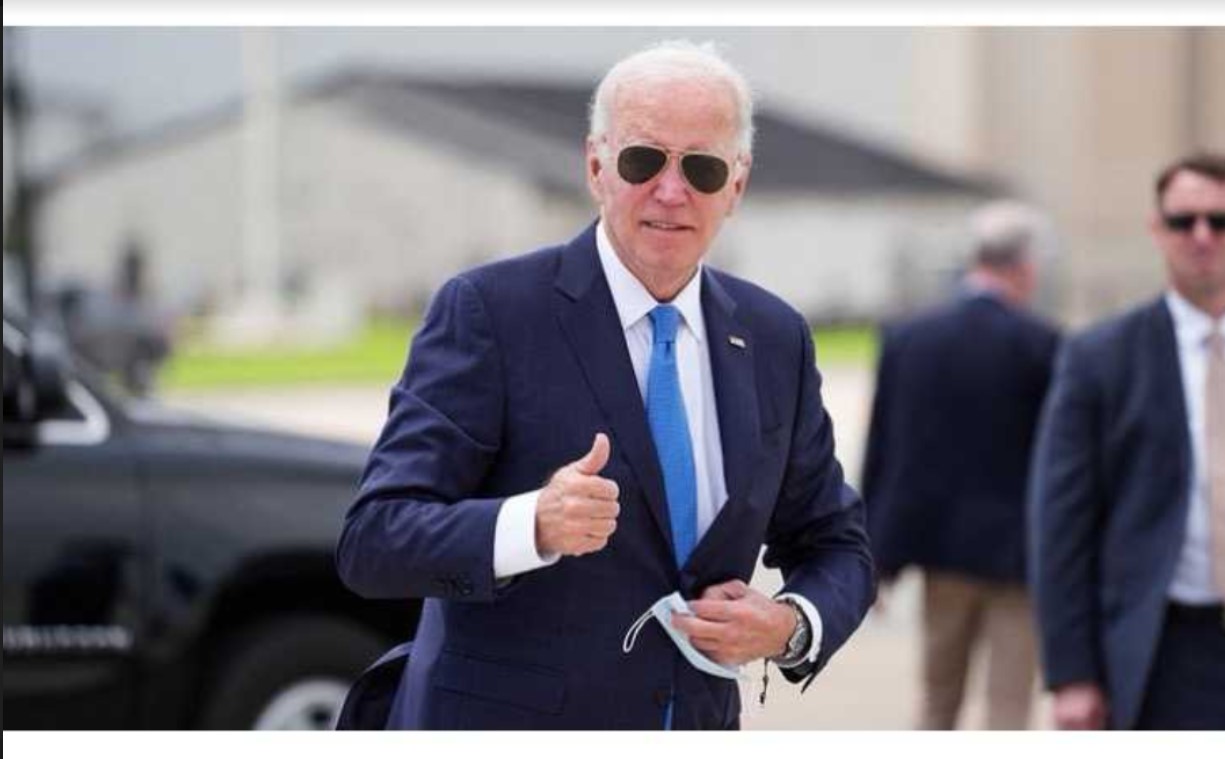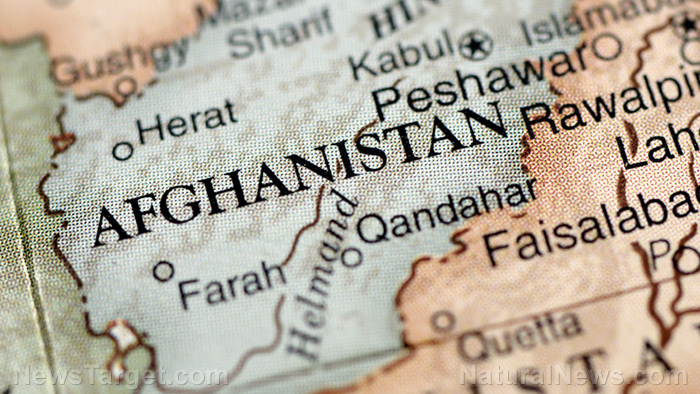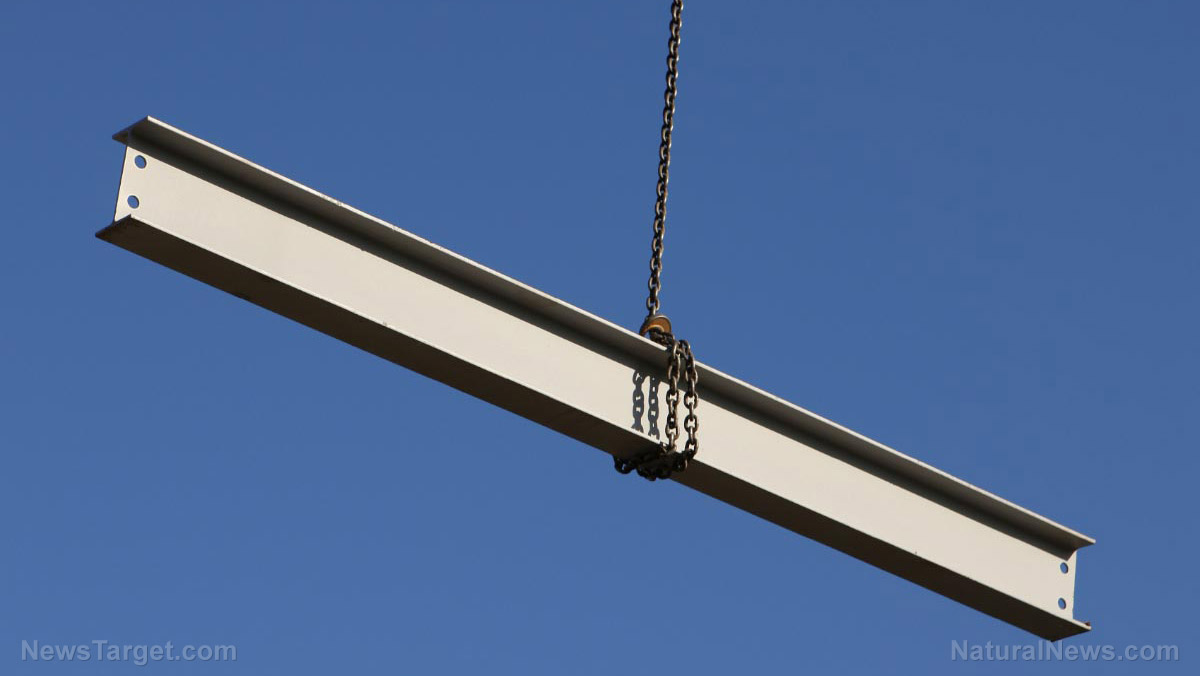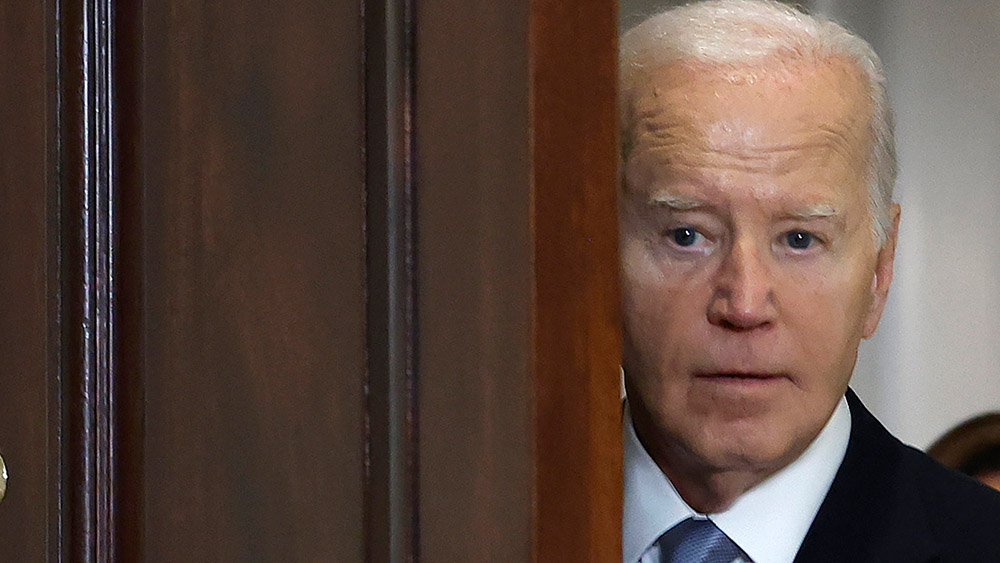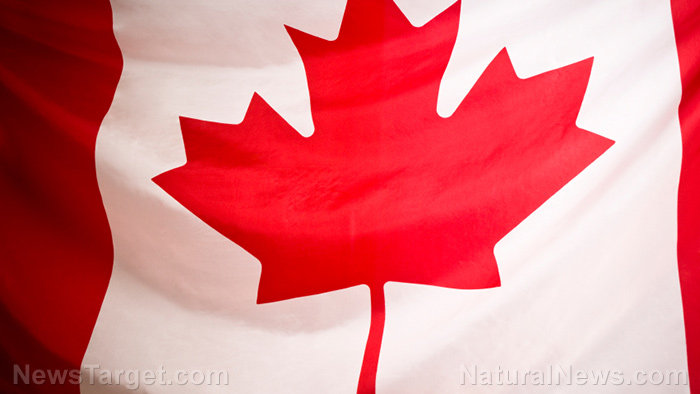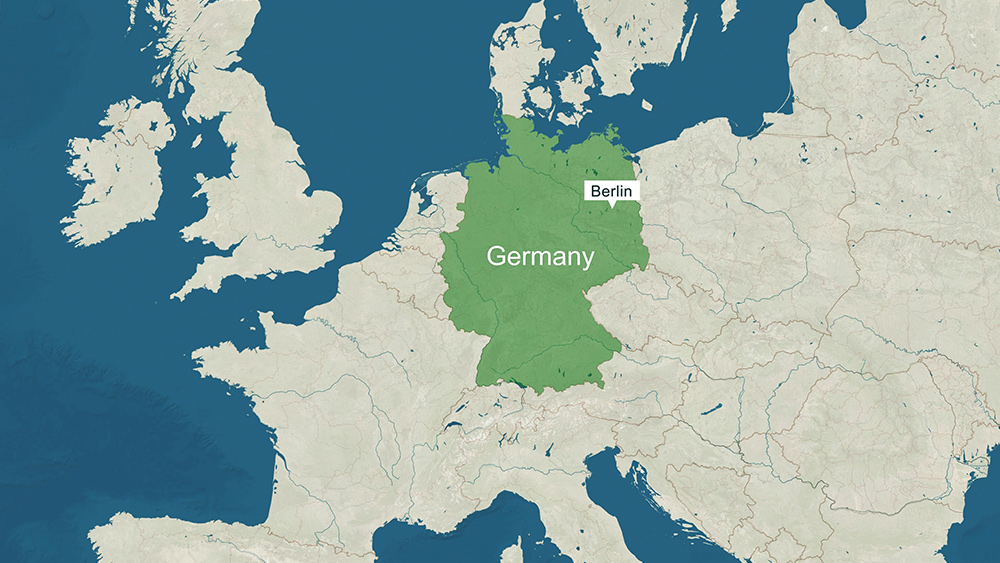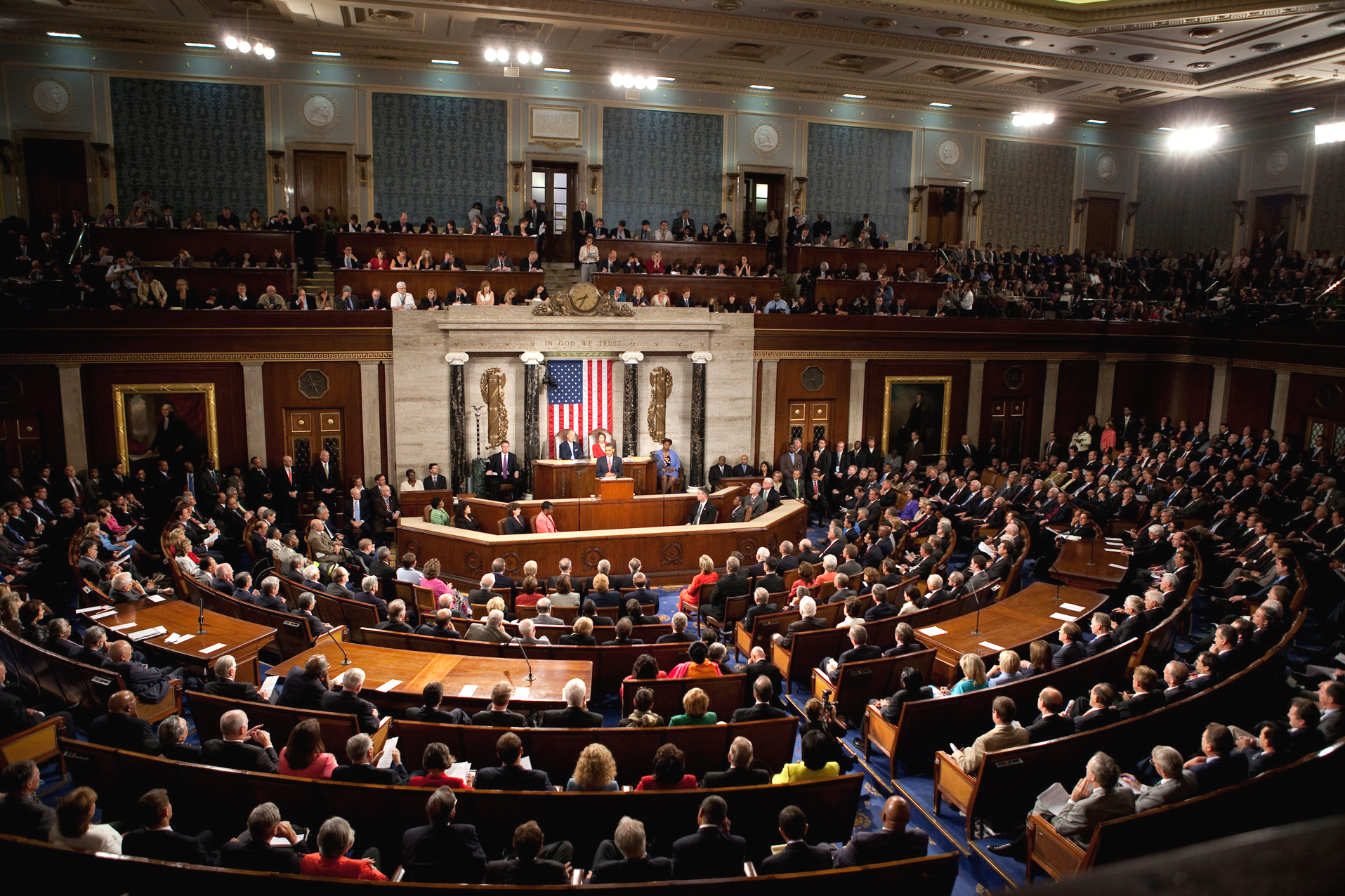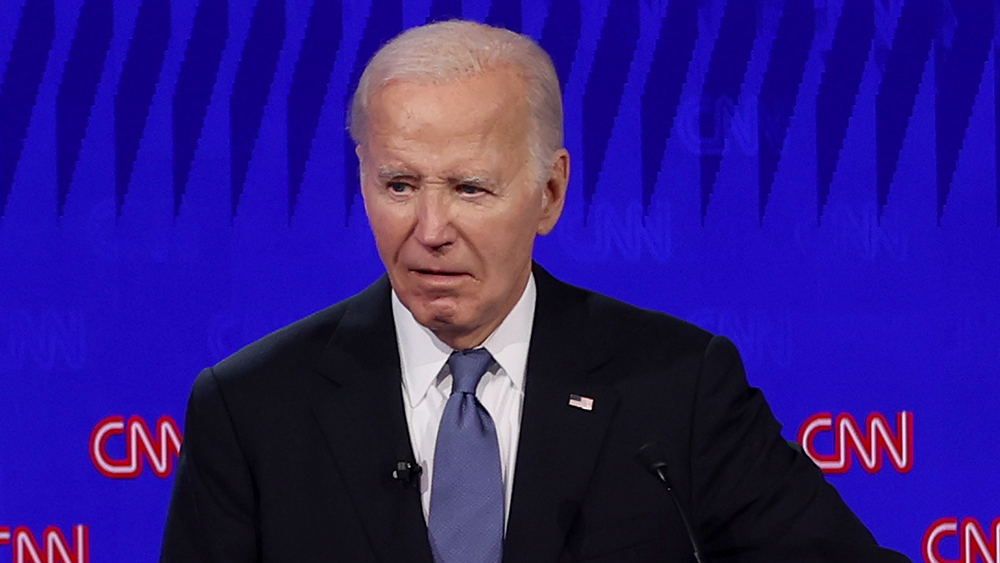Trump’s Greenland and Canada ambitions: A strategic move in the new Cold War?
01/09/2025 / By Finn Heartley
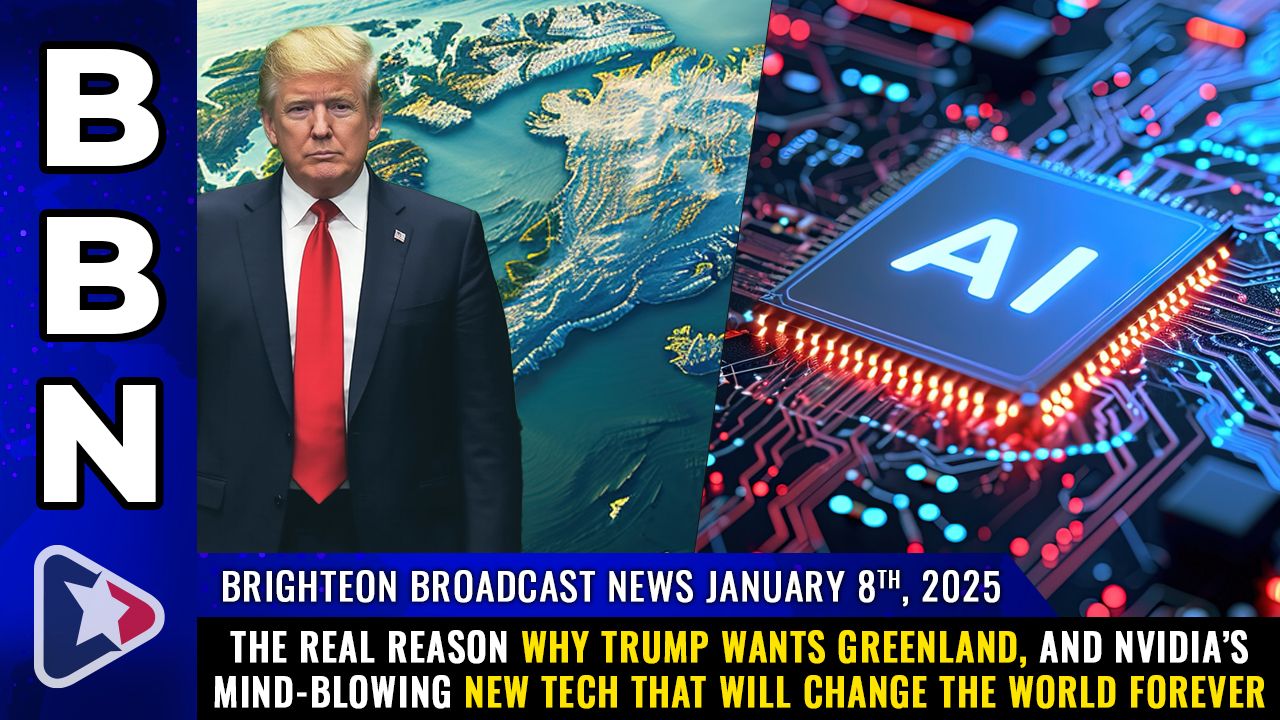
- President-elect Donald Trump’s interest in acquiring Greenland and integrating Canada as the 51st state is driven by the need to counter Russia’s advances in the Arctic region and its development of next-generation hyepersonic ballistic missiles.
- Both Greenland, an autonomous Danish territory, and Canada have firmly rejected Trump’s proposals, asserting their sovereignty and independence.
- The Arctic region is a critical theater in the new Cold War, with Russia increasing its military presence and resource exploration. Control over Greenland and Canada would strengthen the U.S.’s position in this contested area.
- The Arctic holds vast reserves of oil, gas, and rare earth minerals, making it a key area for economic competition. Additionally, melting Arctic ice is opening new opportunities for resource extraction and shipping, intensifying global rivalry.
- Trump’s ambitions reflect the U.S.’s efforts to maintain dominance in a multipolar world, where rising powers like China and Russia challenge its influence. The Arctic has become a focal point in this struggle for resources, technological superiority, and strategic control.
In a world increasingly defined by geopolitical tensions and technological advancements, President-elect Donald Trump’s interest in acquiring Greenland and making Canada the 51st state has sparked widespread speculation regarding his motives.
While the idea may seem far-fetched at first glance, Mike Adams. the Health Ranger, suggests that this move is rooted in a desire to strategically defend the United Stats against Russia’s advanced missiles systems, particularly the Oreshnik hypersonic missiles. By controlling Greenland and Canada, the U.S. could establish early warning systems and radar installations to counter potential threats from the north.
Adams highlights the geopolitical significance of the Arctic region, emphasizing its role in global power dynamics. The Arctic is not just a frozen wasteland; it is a critical theater in the new Cold War between East and West. With Russia’s increasing military presence in the region, including the deployment of hypersonic missiles, the U.S. is under pressure to bolster its defenses. Greenland, with its strategic location, offers a vantage point for monitoring and intercepting any potential threats from the north.
The Oreshnik hypersonic missiles, which Russia has developed and deployed, are a game-changer in modern warfare. These missiles can travel at speeds exceeding Mach 5 (3,826 miles per hour), making them nearly impossible to intercept with current defense systems.
By establishing radar installations and early warning systems in Greenland and Canada, the U.S. could potentially detect and respond to these threats more effectively. This would not only enhance national security but also serve as a deterrent against Russian aggression.
However, the idea of acquiring Greenland and making Canada the 51st state has been met with resistance from both Greenland and Canada. Greenland, an autonomous territory within the Kingdom of Denmark, has made it clear that it is not for sale. Similarly, Canada, a sovereign nation with its own government and military, has rejected the notion of becoming a U.S. state. (Related: Trump celebrates Trudeau’s resignation, calls for U.S.-Canada merger.)
Despite these rejections, the discussion underscores the escalating tensions between East and West, with the U.S. seeking to maintain its dominance in an increasingly multipolar world.
Control over the Arctic a defining factor in the new Cold War
The Arctic region is not just a strategic military asset; it is also rich in natural resources, including oil, gas and rare earth minerals. As global demand for these resources continues to rise, control over the Arctic could provide a significant economic advantage. Russia has already staked its claim in the region, with extensive exploration and development projects. The U.S., by contrast, has been slower to act, but Trump’s interest in Greenland suggests a renewed focus on the Arctic’s potential.
In addition to its strategic and economic importance, the Arctic is also a key area for scientific research and environmental monitoring. Arctic ice is rapidly melting, opening up new shipping routes and access to previously inaccessible resources. This has led to increased competition among Arctic nations, including Russia, the U.S., Canada and others, for control over these emerging opportunities.
The U.S. has long been a dominant player in global affairs, but the rise of China and the resurgence of Russia have challenged this dominance. The new Cold War is not just a military confrontation; it is a multifaceted struggle for influence, resources and technological superiority. In this context, Trump’s interest in Greenland and Canada can be seen as part of a broader strategy to secure the U.S.’s position in the world.
While the idea of acquiring Greenland and making Canada the 51st state may seem like a relic of 19th-century imperialism, it is a reflection of the complex and rapidly changing geopolitical landscape. As the world becomes more interconnected and competitive, nations are increasingly looking to secure their interests through both traditional and unconventional means. Whether or not Trump’s ambitions are realized, the discussion surrounding Greenland and Canada highlights the importance of the Arctic in the new Cold War and the lengths to which nations will go to maintain their dominance.
Watch this Jan. 8 episode of “Brighteon Broadcast News” as Mike Adams, the Health Ranger, discusses in detail the real reason why Trump is interested in the United States annexing Greenland.
This video is from the Health Ranger Report channel on Brighteon.com.
More related stories:
Trump hilariously suggests that Canada become the 51st STATE with Trudeau as governor.
Sources include:
Submit a correction >>
Tagged Under:
Arctic, big government, Canada, chaos, Cold War, denmark, Donald Trump, foreign relations, Greenland, Health Ranger, hypersonic missiles, hypersonic weapons, Mike Adams, national defense, national security, Oreshnik, panic, politics, Russia, strategic defense, strategy
This article may contain statements that reflect the opinion of the author
RECENT NEWS & ARTICLES
COPYRIGHT © 2017 NATIONAL SECURITY NEWS


